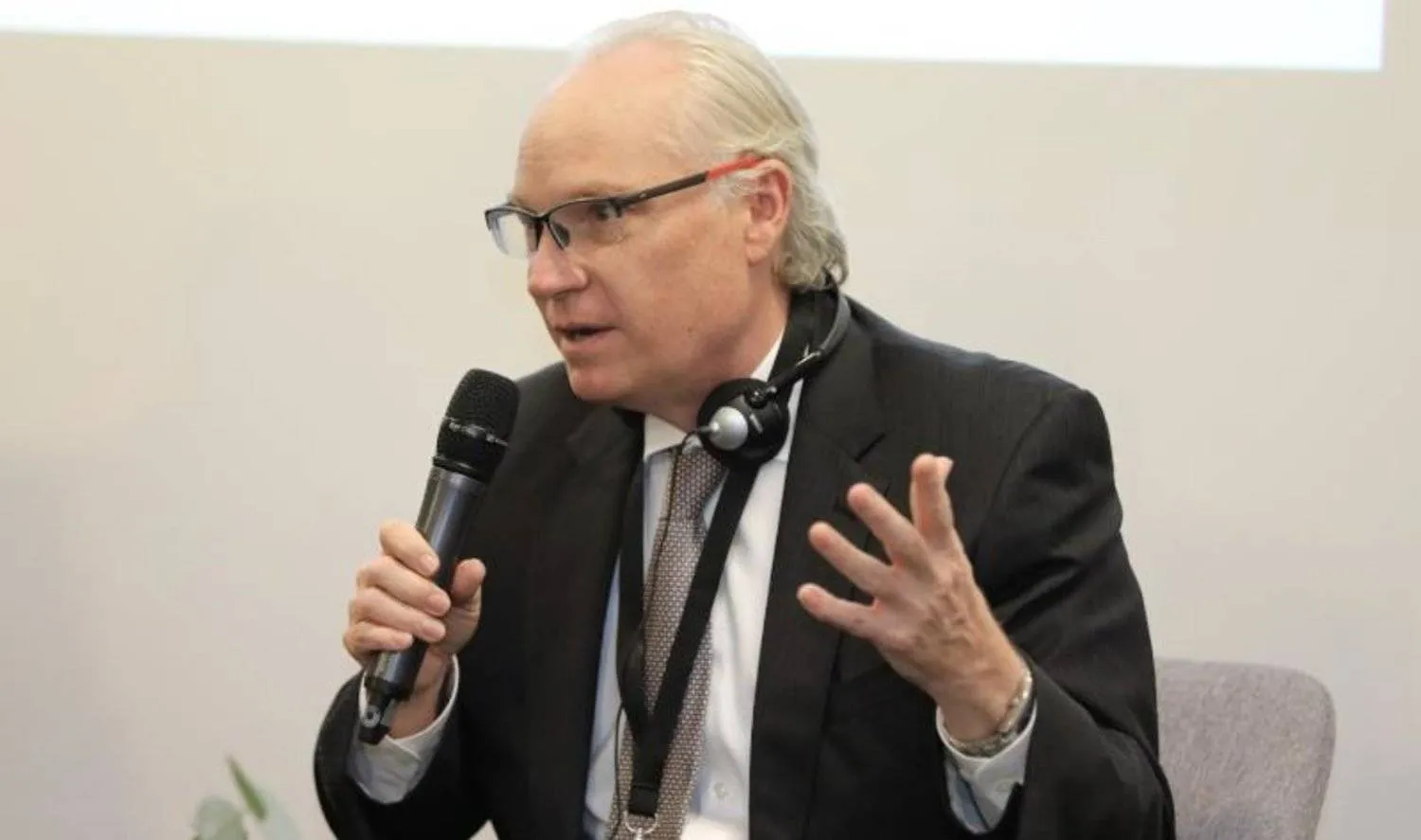US Special Envoy for Yemen Tim Lenderking dismissed Houthi threats of escalating military action and targeting neighboring countries and their vital installations, notably Saudi Arabia.
The diplomat also addressed the severe threats of targeting US naval forces and called for bolstering efforts to achieve a cessation of hostilities and engaging in Yemeni dialogue.
In statements to Al-Arabiya channel, the US envoy emphasized that “this is a time for dialogue, not a time for any party to threaten others,” urging Houthis to refrain from using a “language of threats.”
Lenderking noted that despite the positive developments taking place, the Yemeni people have not yet experienced the benefits of the ceasefire, and he called upon the international community to support any genuine Yemeni dialogue.
Dr. Hisham Al-Ghanem, the General Supervisor of the Center for Security Research at Naif Arab University for Security Sciences, perceives that the actual issue lies in the Houthi militias’ refusal to engage in dialogue with Yemeni factions to establish an agreed-upon pathway for a transitional phase that ends the conflict in Yemen.
Meanwhile, the Kingdom of Saudi Arabia does not see a divergence between its stance and the position of the US administration regarding the Yemeni war's termination.
Speaking to Asharq Al-Awsat, Al-Ghanem explained that Saudi Arabia supports Lenderking’s efforts and agrees that oil revenues should return to Yemenis through a mutually agreed-upon formula, encouraging regional countries to assist Yemeni parties in dialogue to end the infighting.
Lenderking had affirmed that his visit to the region aims to participate in laying out the priorities for defusing the Yemen conflict, in line with the decisions of the Biden administration.
He highlighted positive changes that have occurred during over a year of the ceasefire, citing progress made towards resolving the Safer oil tanker crisis.
Lenderking also emphasized the need for measures to achieve a ceasefire and formulate a dialogue framework, which will be the focal point of his meetings with the Yemeni government and coalition nations’ governments.









